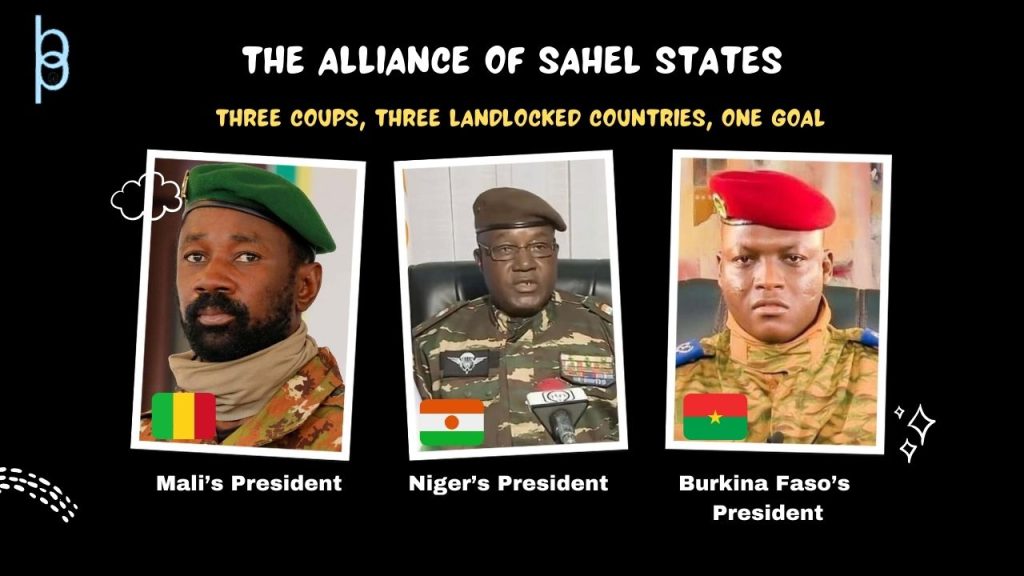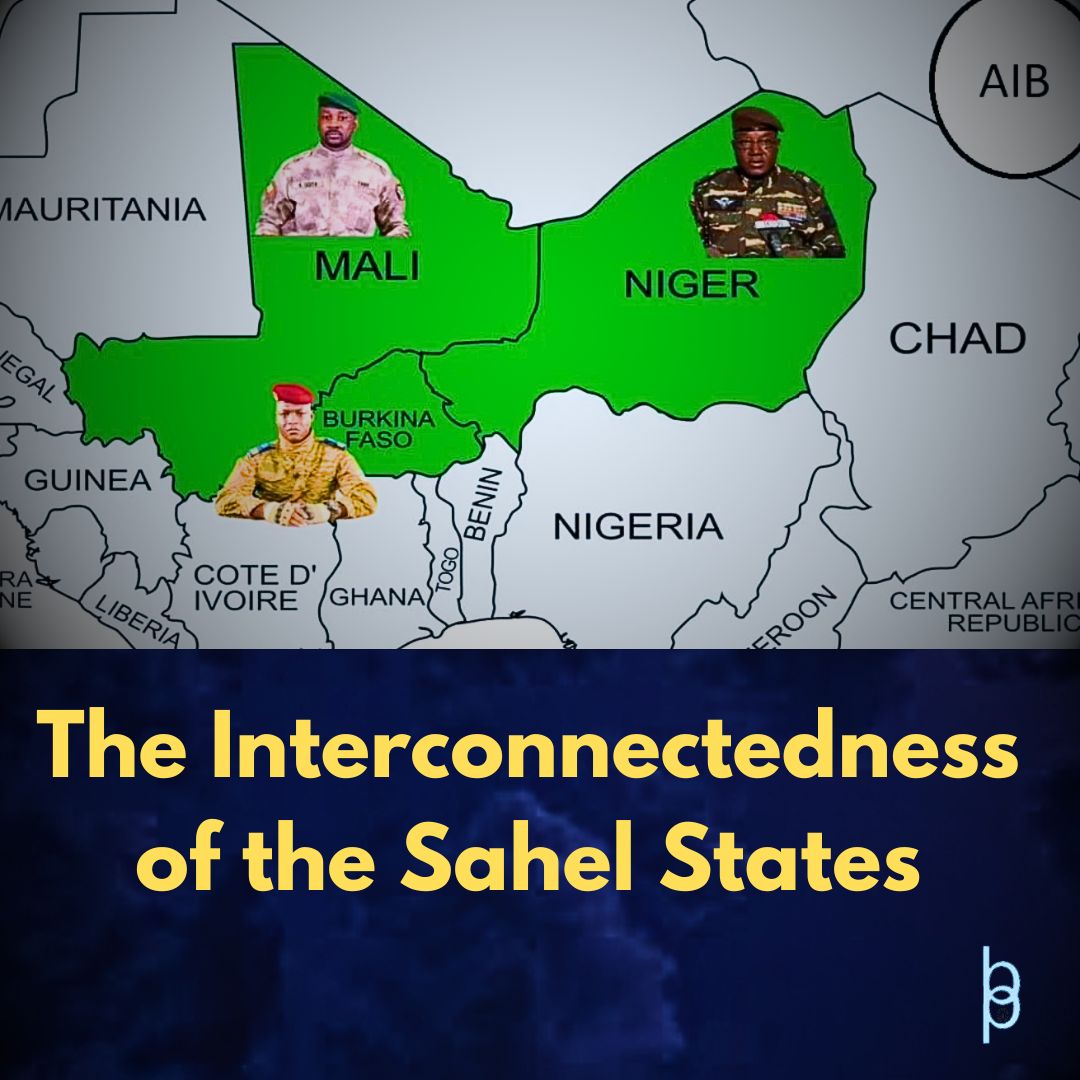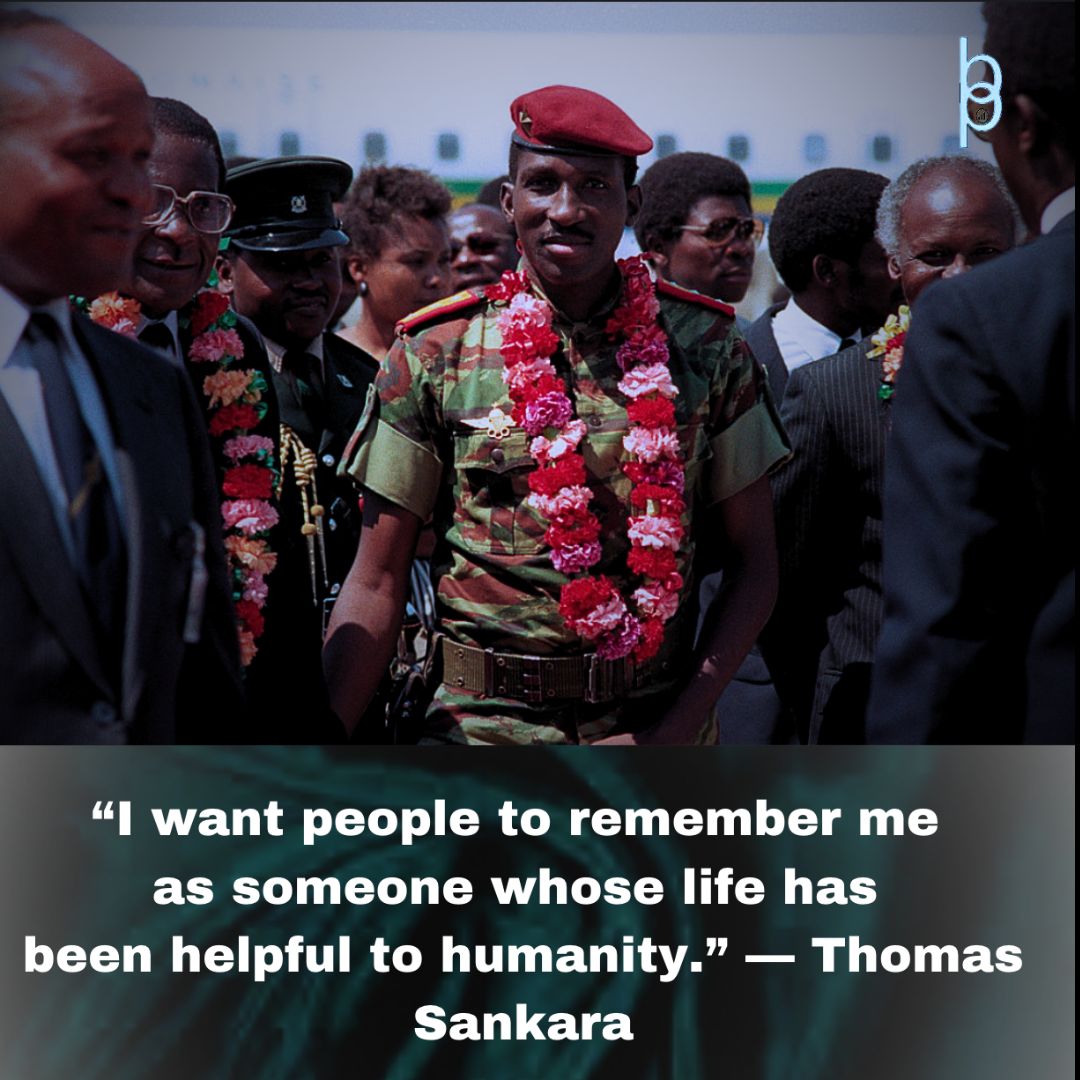
The Alliance of Sahel States/Alliance des États du Sahel
(AES/ASS)
Three coups, three countries, one former colonial power who refused to leave, the same region, religion, mutual culture and tradition, and shared borders—these three countries could not be more similar. They have one goal: to kick out the French, restore order, and improve their people’s lives without foreign influence, particularly from France.
They all had their independence from France in a domino style. Niger and Burkina Faso are 3rd and 5th of August 1960, respectively, while Burkina Faso came a month earlier, 22nd of September 1960. The countries have lived under the French system, subjugating their currency to the French central bank’s control and depriving them of growth. “Indépendance sous haute surveillance,” as the Ivorian singer Alpha Blondy puts it, translates to “independence under high surveillance.”
Like their domino-style independence, coup after coup followed. They had enough. These countries are so determined that ECOWAS’s attempt to lure them back into the quasi-democratic chokehold led them to form a natural coalition, which is now the Alliance des États du Sahel (The Alliance of Sahel States). Another natural alliance was Russia and China’s alternative to the Western hegemony. Russia and China are among the few countries in the world that the West cannot intimidate or bully. The West has imposed unprecedented sanctions on the former, with the goal of crippling it. Surprisingly, it has not had the desired effect. Instead, Russia’s economy has continued to grow under the absolute control of Vladimir Putin, whose democratic style defies all of democracy’s norms.

The AES countries are landlocked, poor, and need more independent infrastructure. Like the rest of sub-Saharan Africa, China manufactures most of the equipment. It is the lifeline for most African countries. Unlike the West, it does not impose political policies; instead, its primary focus is on trade, which serves as its pillar. As a manufacturing superpower, you can only sell your products when there is a consumer. As a result, China has created channels to support African countries, which will be the largest consumer-based human capital by the late 21st century. Today, every one in four births on earth takes place in Africa. Its population will double within half a century. Africa is a perfect match for China’s consumer needs. It does not manufacture or produce much, so the AES’s lifeline depends on China. But who protects it militarily?
This is where Russia comes in. It has supplied military equipment and trained the AES’s military to withstand the barrage of rebels, funded by France, in cohort with the West. They want the idea of a genuinely independent Africa crushed. The mantra and aspiration coming from Ibrahim Traoré, the president of Burkina Faso, reminds them of Thomas Sankara. Once upon a time, Thomas Sankara was a revolutionary leader who championed socialism and an Africa-focused strategy, which could have liberated Burkina Faso from French grip in the 1980s. His close friend, supported and sponsored by France and the West, brutally murdered him in a bloody coup.

The divorce of Russia and China from the West is the lifeline missing in the 1960s, 1970s, and 1980s Africa. If today’s Russia and China existed, then Patrice Lumumba of the DR Congo, Ahmadou Ahidjo of Cameroon, Thomas Sankara of Burkina Faso, and many other African martyred freedom fighters would have lived on to transform their various countries. Rushing to power without a solid foundation to support policies aimed at improving the lives of your people is not sufficient. Africa is where Europe was in the 18th century. It requires alliances and help to develop. Russia and China can provide these alliances and support in a reciprocal partnership. However, how much are the Sahel states willing to give? There are no freebies in geopolitics. Russia and China are not in love with Africa or the Sahel states. There has to be a mutually beneficial end goal. Otherwise, there is no reason to support Africa or the Sahel states.
Should the AES achieve success, this could trigger the change Francophone Africa needs if, a decade from now, it shows foundational, economic, and infrastructural transformation. The Soviet Union supported and backed North Korea and East Germany, both of which remained communist after the Second World War. The West stood by and supported West Germany and South Korea. The transformation of Germany and South Korea is not open for debate. In contrast to the former (Deutsche Demokratische Republik) DDR, or in English (The German Democratic Republic) GDR, and North Korea, there was no visible transformation in comparison. Democracy, freedom of speech, and a capitalistic, market-orientated economy do better; there is no doubt about this. Can Russia and China be the cushion that leads the Sahel states into industrialisation?
Evidently, they can. 2024 Russia and China are very different from the communist Soviet Union and Communist China, which drove off the central government of China that escaped to Taiwan. Both countries operate under a liberalised, Western-style economy. Trust in Russia and China relies as much on the successes of the Sahel and sub-Saharan Africa. They could become West Germany, South Korea, and Taiwan in the 22nd century. This would cement the shift of power from unipolar to multipolar, where the West would humble itself in the face of defeat from Russia and China without using a single bullet. The domino effect throughout the rest of Africa would transform the continent from subservient quasi-democracies to a system of government that resembles those in Russia and China. The Western democratic model would begin to fade out as the world shifts to the new world, with BRICS, Russia, China, India, Iran, and the global south at the forefront.
By Ikechukwu ORJI





